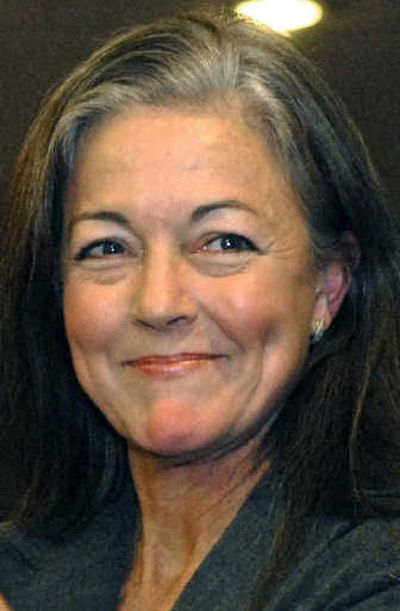Advisers’ names kept secret

Mayor Mary Verner, who campaigned on a theme of openness and transparency in government, is keeping the names of her transition team a secret.
Verner met last week in a private home with two groups of about 15 people, who she’s asked to provide advice and suggestions for her administration. She plans to do the same on Saturday.
“Some may want their names in the press, and some may not,” she said of her decision not to announce the members of her transition team. “I would like to respect their privacy.”
The move, however, marks a departure from past administrations in which transition team membership was disclosed, and raises questions about accountability.
“It just doesn’t seem politically savvy to keep something like that secret,” said Todd Donovan, a political science professor at Western Washington University, who added that the public has an interest in knowing who is helping a new mayor form policy and strategize ways of getting things done. “You’re setting yourself up for suspicion even if nothing nefarious is going on.”
Donovan said a key reason to publicize a transition team is so the public can evaluate potential conflicts of interest that could set the tone for a mayor’s direction. He pointed to the controversy over Vice President Dick Cheney refusing to name some of the people who advised him about energy policy as an example.
City spokeswoman Marlene Feist said late Tuesday afternoon that Verner plans to issue a report based on the discussions and release it to the public. Participants will be asked if they want their names included in the report.
Verner said she has invited members of city boards, economists, former elected officials and representatives of local media, higher education, business and nonprofit agencies. She released the names of two invitees: Council President Joe Shogan and Councilman Al French.
The groups, which Verner called her “internal transition retreat teams,” are meeting at the private home of someone involved in her election campaign. Verner declined to name that person.
The private nature of Verner’s transition team contrasts with the transitions for former mayors Jim West and Dennis Hession.
West put significant emphasis on his transition team, announcing the Thursday after his election that he would have five people, whom he named, lead the process. West’s final transition team meeting was open to the public.
Hession had an 18-member transition team, and all of the members’ names were made public in a city press release.
The initial sessions for Verner included a focus on her first 100 days in office and an examination of the city’s priorities, she said. The upcoming sessions will focus on the economy and public safety.
Verner said her campaign organized the teams because when she began the process, she didn’t realize she could use city resources for her transition.
She noted that because she took office only after three weeks after the election, she hasn’t had the time to work with a transition team like most people who are elected.
“My transition is taking place in what otherwise would be a lame-duck session,” Verner said.